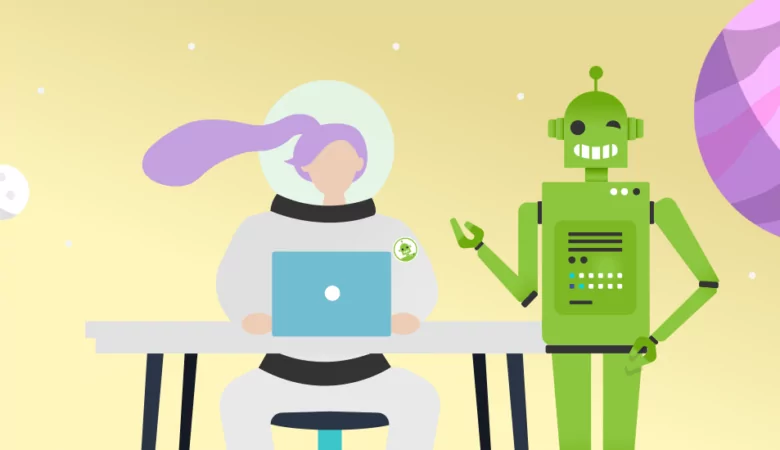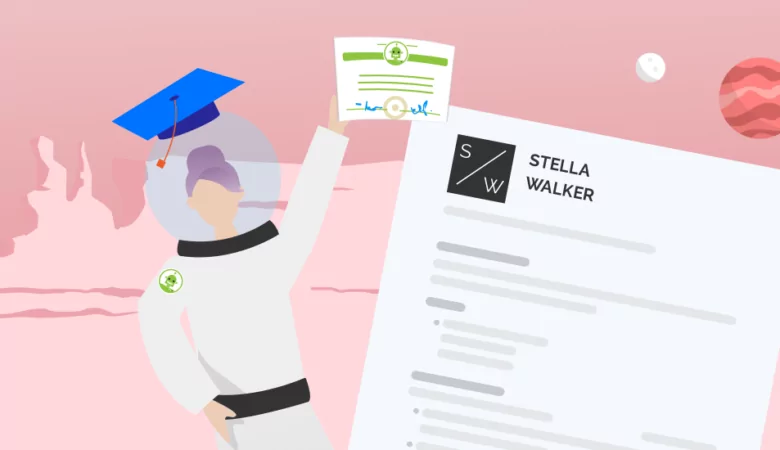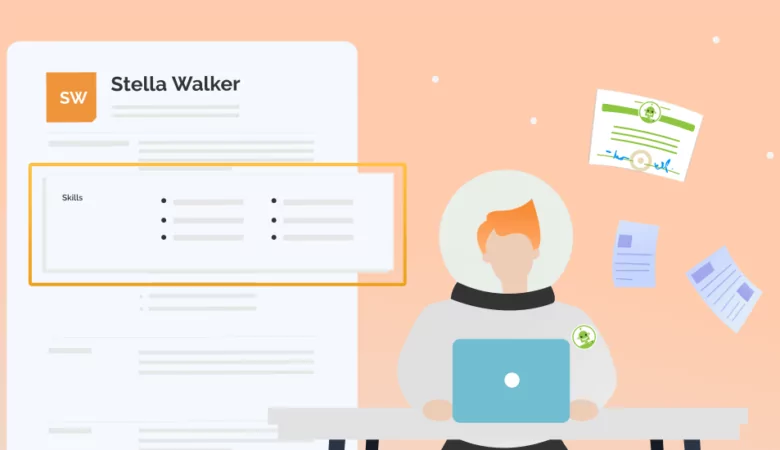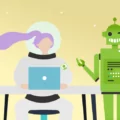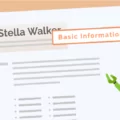Do you know what multitasking skills are in high demand with employers right now? This article contains everything you need to know about multitasking skills.
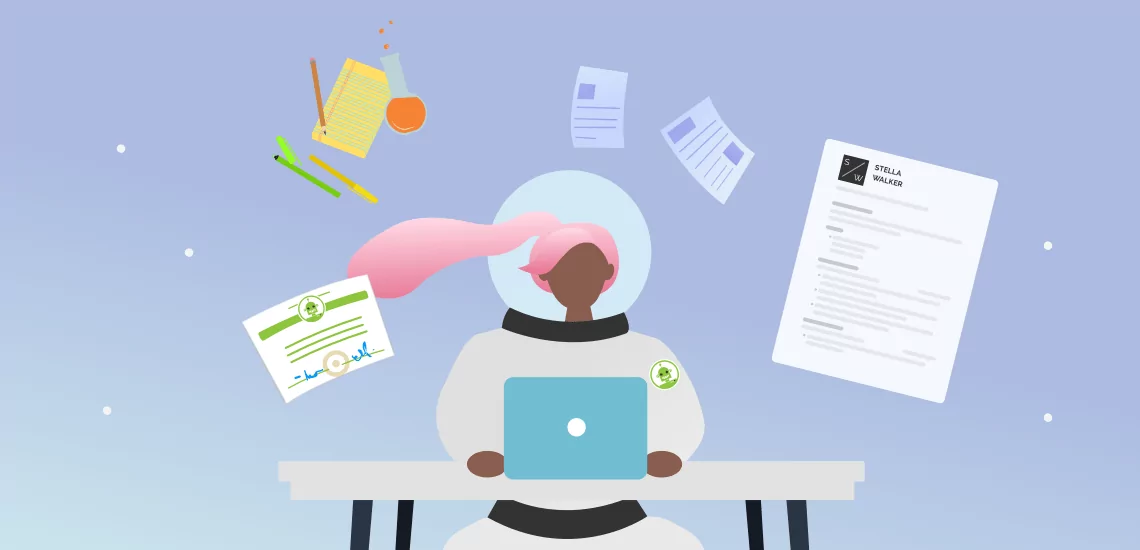
These Five Multitasking Skills Get You a New Job
Multitasking
If you want to work in a busy or high-pressure industry, such as the stock market or marketing, multitasking is an essential skill. However, the ability to multitask and task-switch when needed is useful in every job. This is why hiring managers are always interested to see this skill on a resume.
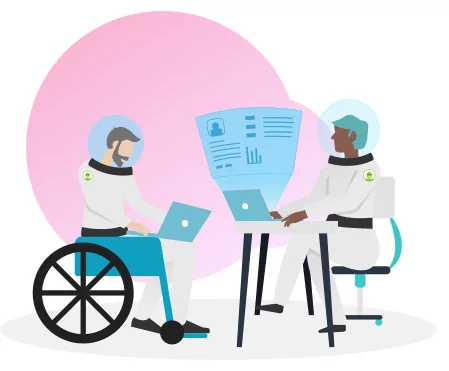
Why Do Employers Value Multitasking Skills?
Efficient multitasking skills are considered valuable by potential employers in all fields because it contributes to a greater level of productivity. Employees who can tackle more than one task at a time save their employers time and money every day. Furthermore, they are less likely to procrastinate or have periods where they have nothing to do, as can happen when there are delays or complications in single tasks. Examples of simple multitasking activities include:
- Taking notes while on a cell phone or video call
- Text messaging while walking
- Updating a report while maintaining a conversation
In a professional environment, multitasking tends to be more complex, involves more stimuli, and will challenge your prefrontal cortex a little more. Here are some examples of complex multitasking:
- Fielding multiple phone calls and recording details or appointments (e.g. as a receptionist)
- Developing and running multiple marketing campaigns (e.g. as a social media marketer)
- Training a new hire while serving customers (e.g. as a supermarket assistant)
- Teaching young adults and children while maintaining control of a classroom (e.g. as a teacher)
Whether you have multiple simple tasks to undertake or you have a few complex tasks, cognitive control is crucial for effective multitasking. While most adults can multitask to some degree, employers are aware that each candidate will have different skills. So represent your multitasking capabilities honestly to engage a recruiter’s attention.
Five Multitasking Skills That Will Land You a New Job
In order to multitask and take on complex tasks, you will need to master these five key elements to ensure you can task switch well:
1. Planning
The ability to plan ahead, accounting for multitasking, and schedule choke points. A good plan will help you when juggling the needs of different tasks. It will also prevent avoidable clashes where possible.
2. Organization
Great organization skills are a crucial component of a strong multitasking ability, both in terms of the physical and personnel involved. If you want to task switch effectively you need to have all of the necessary materials within reach and all of the people involved available for contact and discussion.
3. Delegation
While multitasking is a process of juggling many responsibilities or actions, you do not have to do everything yourself. In fact, you should not do it all yourself as it will increase the risk of burnout. Delegation is one of the most useful forms of executive control because delegation allows you to keep control without putting too much strain on yourself.
4. Prioritization
It is important you are able to identify the most important aspect of every task. Once you have marked out the most important tasks, you can tackle them appropriately. Prioritization is the backbone of effective multitasking.
5. Time management
Time management may be a form of organization, but it is distinct and important enough to be listed separately, at least in the sense of personal time management. The ability to manage your own time and resources is the foundation of good multitasking. If you cannot manage your own time and resources you will find it hard to organize, prioritize, and delegate the workloads of team members.
How To Show Multitasking Skills on Your Resume
There are many benefits to including your multitasking skills on your resume. If you want to ensure that this inclusion has the right impact, however, you need to list it in the right way. You should also consider how you can give examples of your multitasking skills at work. Here’s how to list and prove multitasking abilities on your resume:
List them in your skills section
Your resume skills section should be filled with the skills that make you right for the job you have applied for. Some of these skills will be very specialized. For example, “CPR” would be a required skill for nurses, while others, like multitasking, are very general. You should list multitasking alongside skills that support this ability in your resume (e.g. time management, prioritization, delegation).
Provide examples in your work history section
Your work experience section, which should be presented in reverse-chronological order, is the perfect opportunity to prove your skills. When the skill in question is multitasking, give examples of times when you have been responsible for juggling tasks successfully. For example, you could give examples of times when you handled a multitude of projects simultaneously, such as performing regular tasks in social media platforms such as LinkedIn or Instagram.
Use active language
When you discuss skills and achievements of any kind, you should use active language to show that you take ownership of your successes, responsibilities, and career progression. Don’t say you were “tasked with” something; instead, say you “managed” or “oversaw” something. Action verbs show you’re in charge of the situation, which speaks directly to your multitasking skills.
If you want to make sure that your resume is well-presented as well as persuasive, you should consider using the ResumeNerd resume builder. This free online tool has a range of attractive templates to choose from.
FAQ: Multitasking
If you want to improve your task-switching or multitasking skills, you should start small. Practice is key to improving any skill, but multitasking can be a little overwhelming if you haven’t developed the cognitive processes to support it. Start by balancing one or two tasks, focus on learning how to prioritize, and slowly increase the number of tasks you take on.
The main downsides or negative effects of multitasking are the way it splits focus and the potential for burnout if you take on too much at once. A recent study by Stanford University found that people who multitask often have poor memory. This is supported by research by Dr. David Meyer and published by the American Psychological Association, who found that multitasking can also lead to more mistakes.
Yes. Multitasking is considered a soft skill, but it is often seen as more desirable than other soft skills because it connects to the way job seekers use technical and hard skills.

